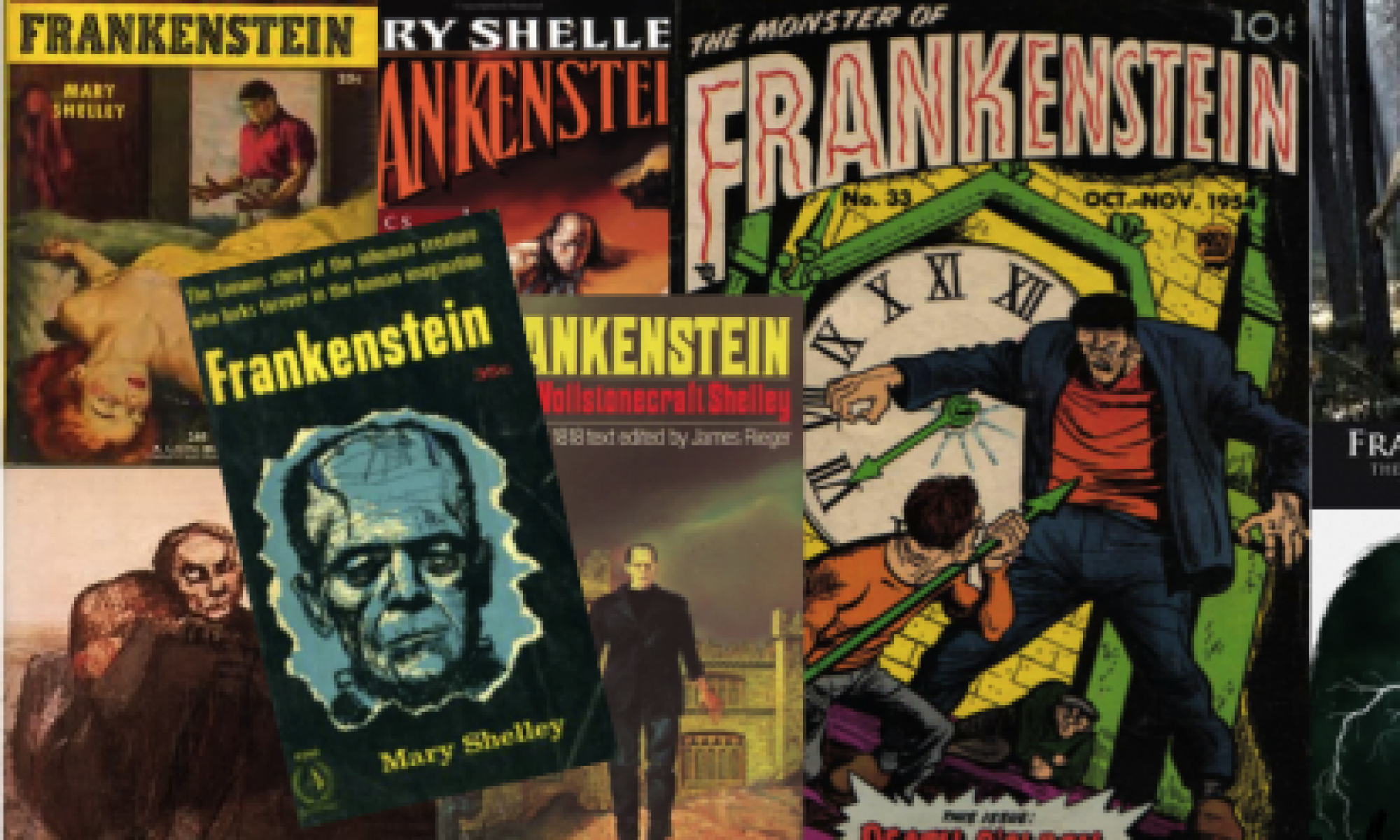When faced in a desolate location with few resources of your own, it is important to be able to work with minimal supplies. In the book The Life and Strange Surprizing Adventures of Robinson Crusoe we are able to see Crusoe survive a total of over twenty-seven years in such a situation. It can be argued that, due to his many years on the island, Robinson was a successful survivor. However, there are many times where a decision or a thought made by Crusoe makes the reader wonder, “how has he possibly survived this far?” It appears that the author could be including these occurrences as a means of beefing up his story and having a slightly comedic feel within his work, or trying to create an understanding within the reader that a person faced in this situation would very most likely be stressed and make similar decisions to Crusoe himself.
Throughout the book I found myself impressed with Crusoe’s intelligence and ability to work with the limited amount of resources that he had available: using the seeds to grow crops along with learning the growing season, using items from the boat to create shelters, and domesticating the island goats. Yet I would not give Crusoe the title of a great survivalist, for a great survivalist handles every situation with great care and makes sure to do provide safety and care to themselves. In several occasions during his time on the island, Robinson thinks to or even makes a decision that could risk his life. An example of this was when Crusoe thought of destroying all of his resources and shelters to hide from the savages any evidence of a human living on the island. If we stop to consider this, he would be left with no crops to eat for an entire year, would have to rebuild all his shelters, and have to now hunt the goats for all of his food supply with a limited supply of ammunition for his gun left. While still possible to survive without these things, eliminating your shelter and crops would be quite a challenge to overcome when trying to last on an island with little to no other resources, and most likely would never be suggested as an optimal method for endurance.
While struggling to survive, the question of one’s beliefs may creep into the mind. Crusoe’s back and forth indecision on whether to believe that God was behind his good fortunes or if it was all because of himself happens time after time again during this book. Due to beliefs during the time this book was published, it brings into question when analyzing the work whether the book was intended to appear religious or secular. Modern beliefs are that this book had to be written to adhere to one side or the other but Defoe’s writing leaves this question up in the air.
At multiple points in the story, Crusoe flips between putting his faith in God and quickly forgetting all about the divine. His actions make it easy to believe that the story is a secular one. To focus on one specific instance, we can look closely at when Robinson is first successfully growing crops. Upon recognizing the accomplishment, Crusoe thanks God. There is no doubt in Crusoe’s mind that the Lord was involved in the outcome of food. Before taking his next step, Crusoe has already moved his train of thought from “God did this” to “I did this.” This case is where I think that Defoe’s writings are actually able to be both religious along with being secular. In 1719, when the book was first published, every book was supposed to be somehow or another, religious, but at a glance you would not consider Robinson to be the typical Christian man. Because of his being what is known as a part-time or fair-weather Christian, one who only believes in Christ when it is easy to him, it makes sense that everything that happened to Crusoe was due to his own actions or by chance. Everything good that happened was solely from Crusoe’s own work. On the other hand, you can see how God was there helping Crusoe by providing the crops for him when there was no other easy way to have a good supply of food. The alternate interpretation is what allowed this book to continue to be published during the early 18th century as the book was seen to be a religious story. Due to his crafty writing and creation of the character Robinson Crusoe, I think Defoe successfully made this story in a way that it was able to be interpreted in either a secular or religious account.
